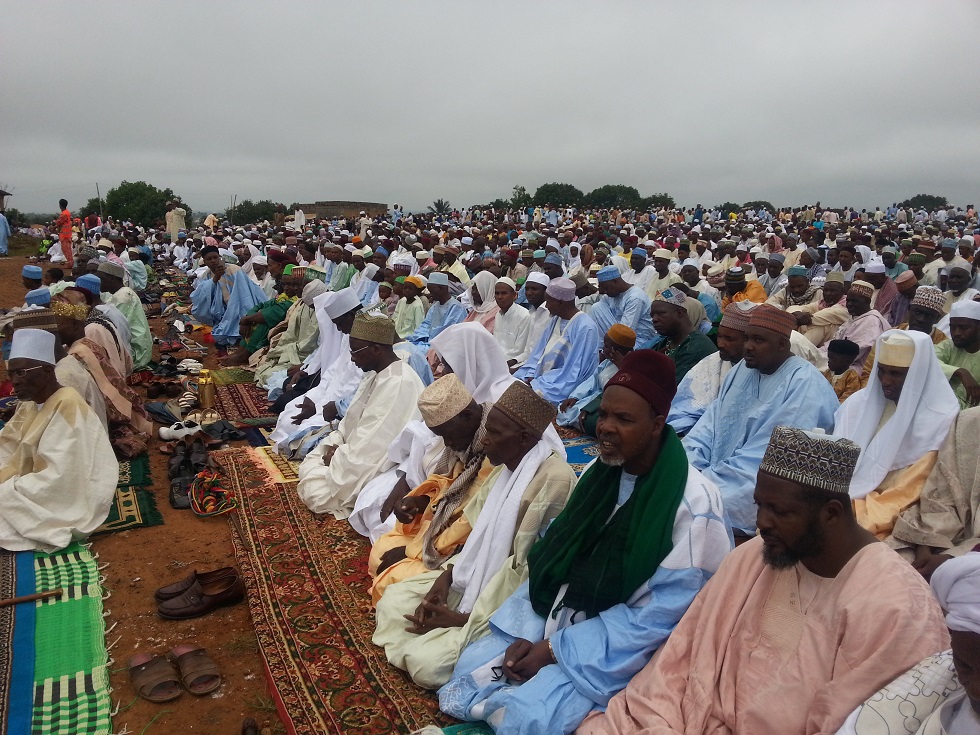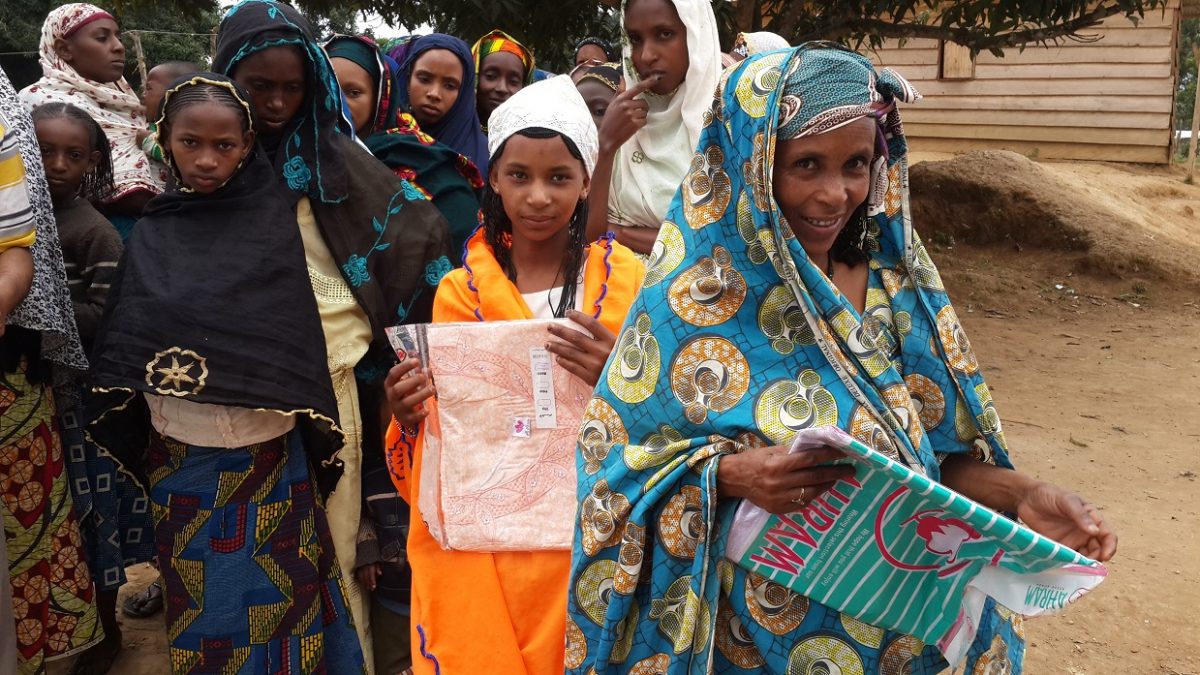Eid-ul-Fitr and Fitrana
With the blessed month of Ramadan drawing to a close, thoughts will turn to the celebrations of Eid-ul-Fitr and many people will be planning family get-togethers, presents, luxurious meals.

The primary objective of Eid-ul-Fitr, however is not to celebrate worldly possessions and materials but the remembrance of Allah subhanahu wa ta’ala and how the sacrifices made during the month of Ramadan can help us be better human beings.
One of two core annual festivals in Islam – the other is Eid-ul-Adha – Eid-ul-Fitr is on the first day of Shawwal, the tenth month in the Islamic calendar. The sighting of the new moon marks the end of Ramadan and the beginning of Shawwal.
Eid-ul-Fitr, which lasts for three days, means celebration feast of breaking the fast and is the time when the world’s Muslims unite and celebrate the successful completion of the month of Ramadan.
It is a time to thank Allah for having given us the patience and endurance to fast during Ramadan; for the opportunity to attain taqwa (consciousness of Allah) during the blessed month, and to continue seeking His blessings and forgiveness during the rest of the year.

It is also the time to share with those who are not as privileged or fortunate. Before the Eid prayers, every Muslim – man, woman, child – who is able to do so is obliged to fulfil Zakat-ul-Fitr, also known as Fitrana.
This is to ensure that that our brothers and sisters in Islam who are in need can share in the joy and celebration of Eid.
Abdullah Ibn ‘Umar narrated that the Prophet (Peace and Blessings of Allah Be Upon Him) ordered the people to pay Zakat al Fitr before going to the Eid prayer. (Hadith)
Other acts on the day of Eid-ul-Fitr include ghusl (major ablution); wearing new clothes; performing Eid prayers in congregation; giving Eid greetings to fellow Muslims, and asking for forgiveness from our Creator.
From everyone at Islamic Help, we pray you all have a blessed and happy Eid!



